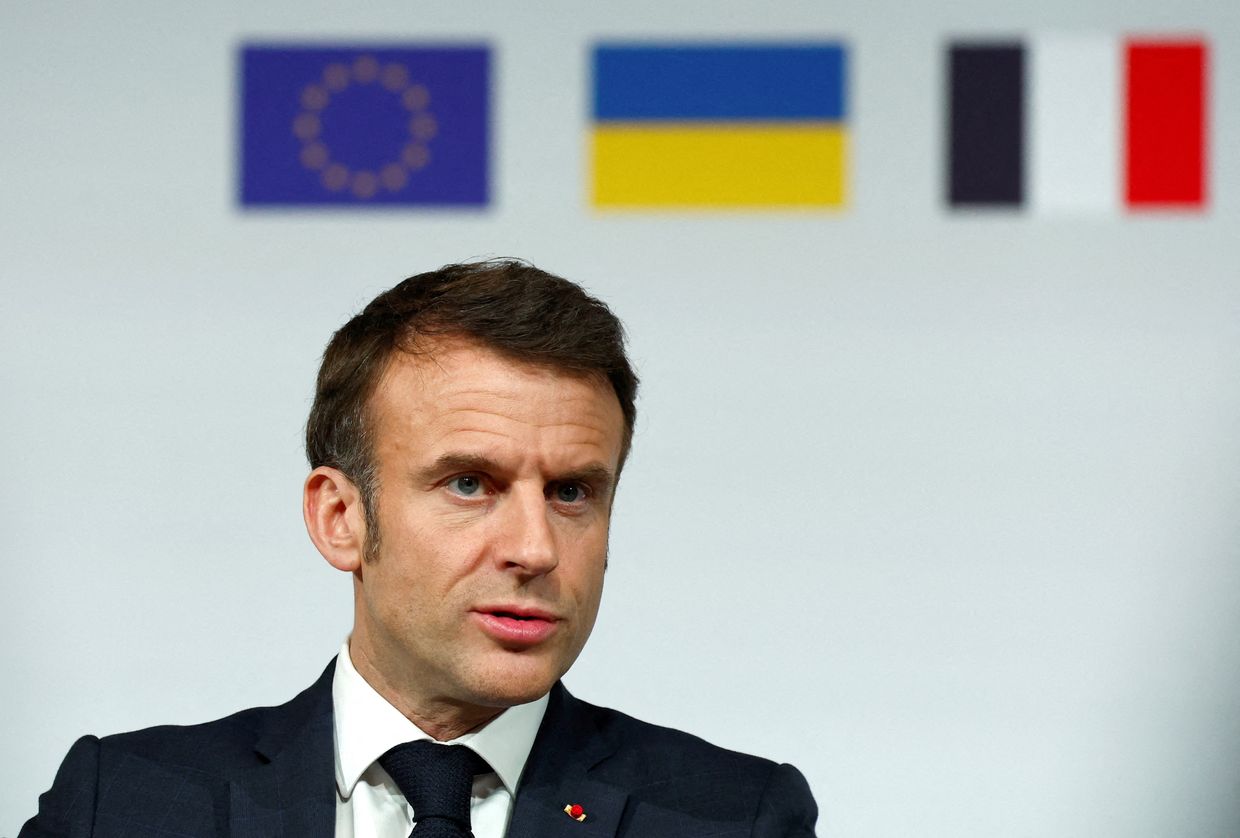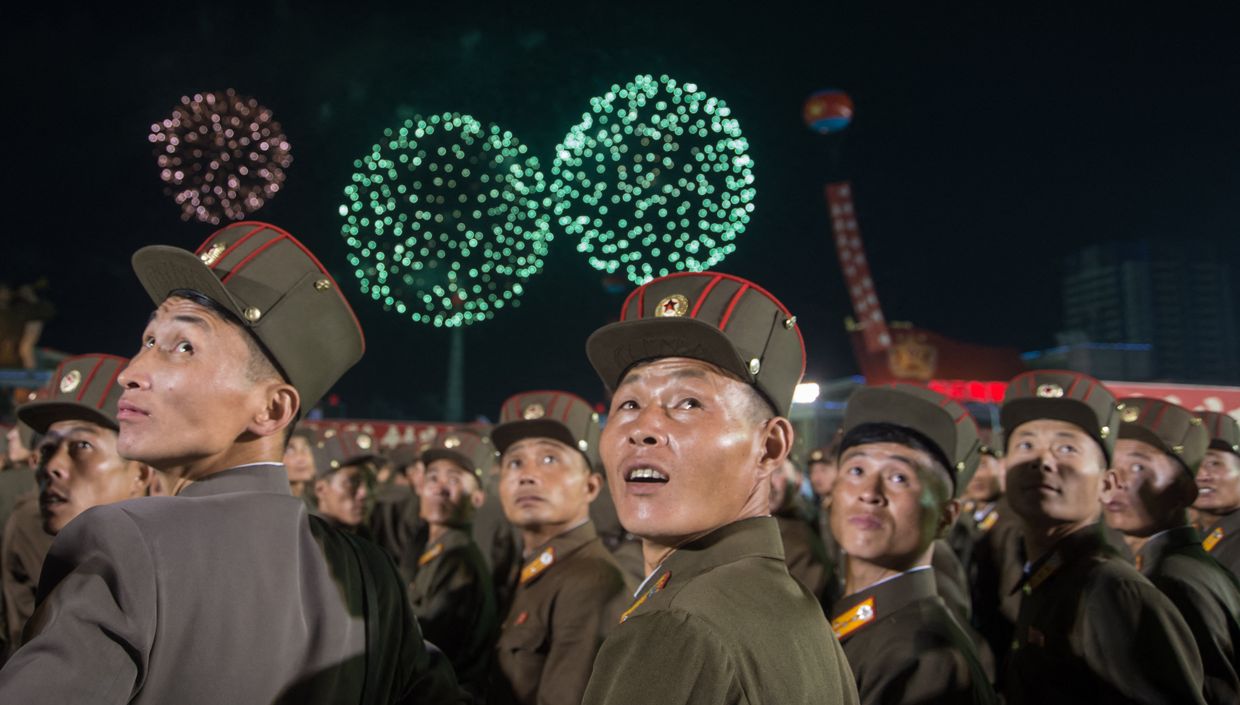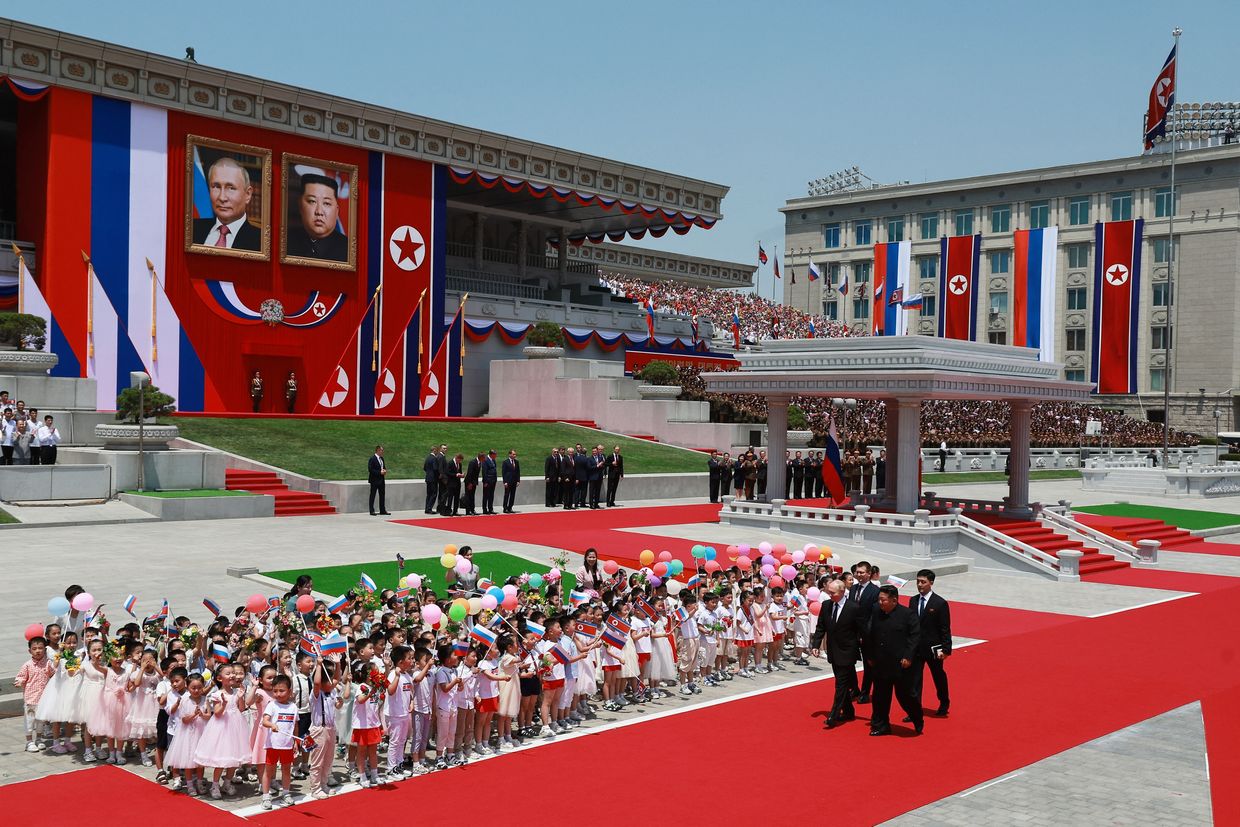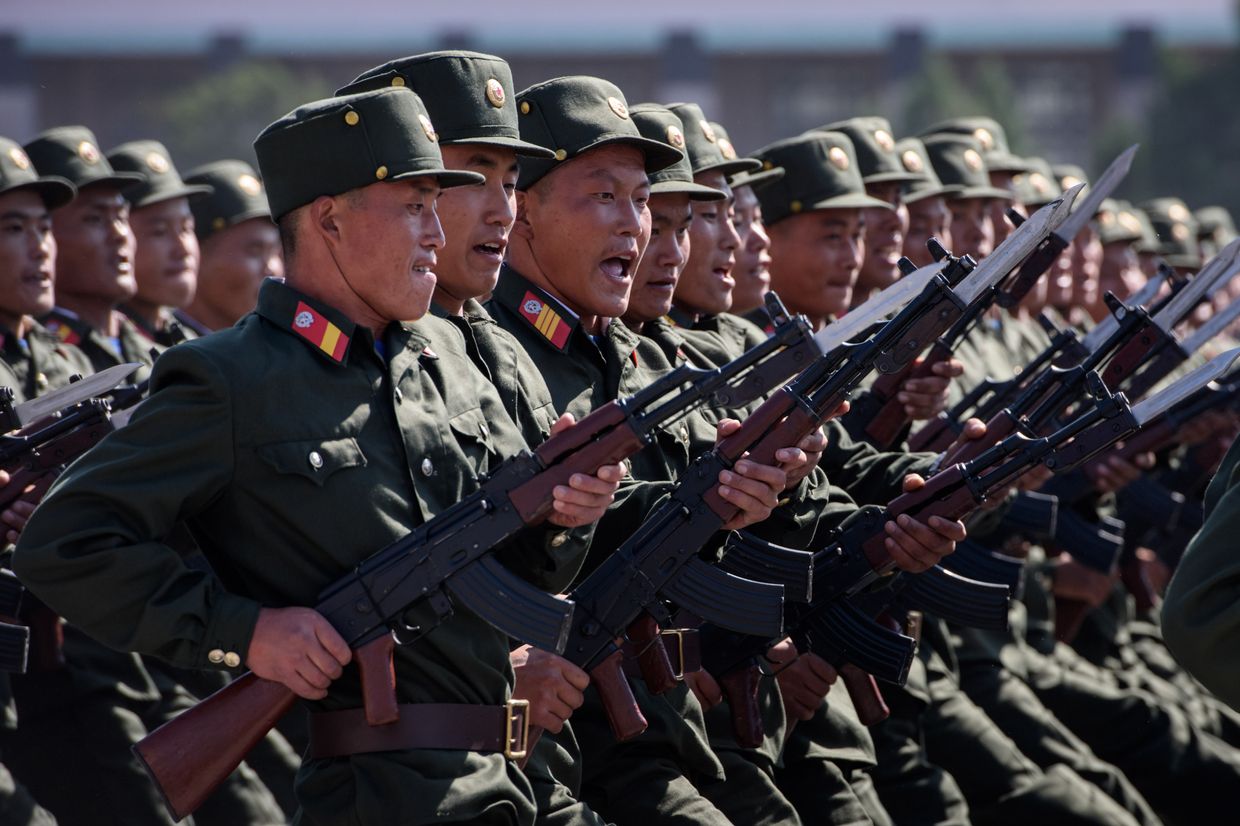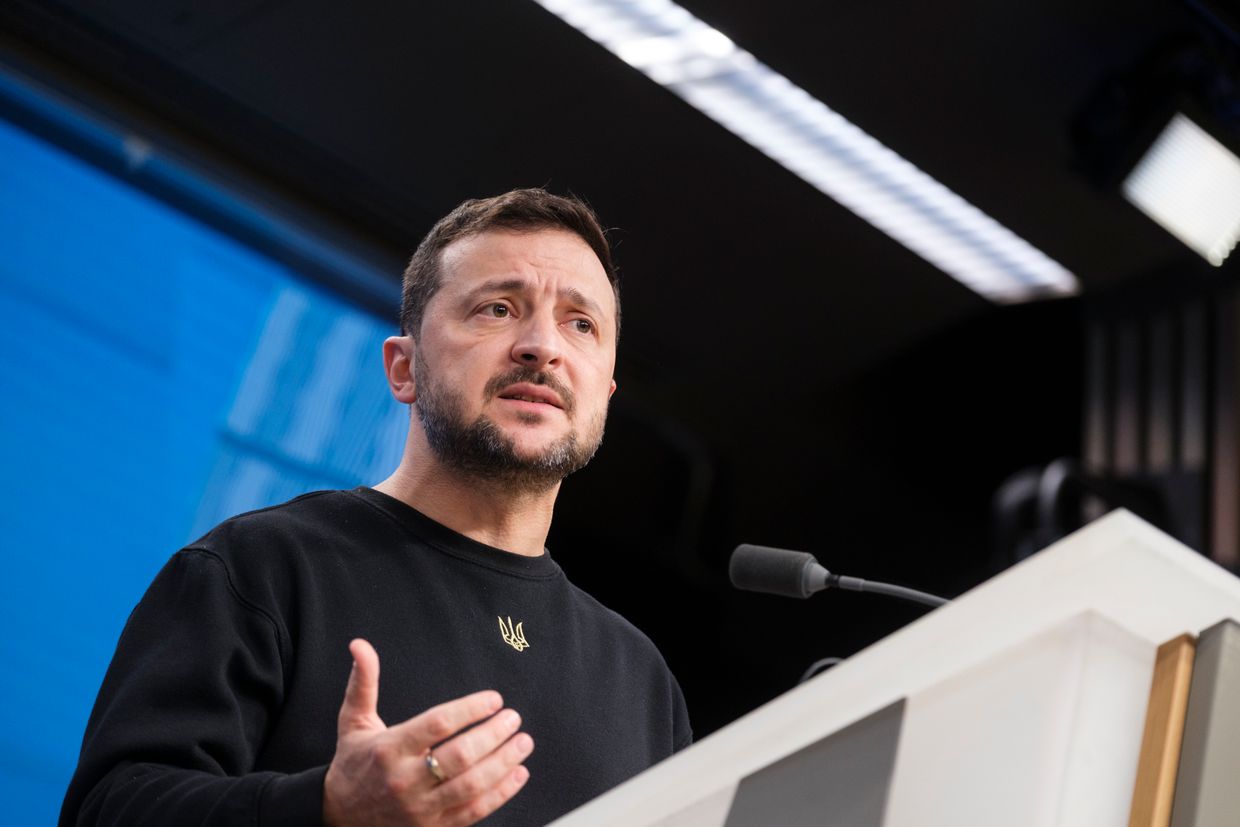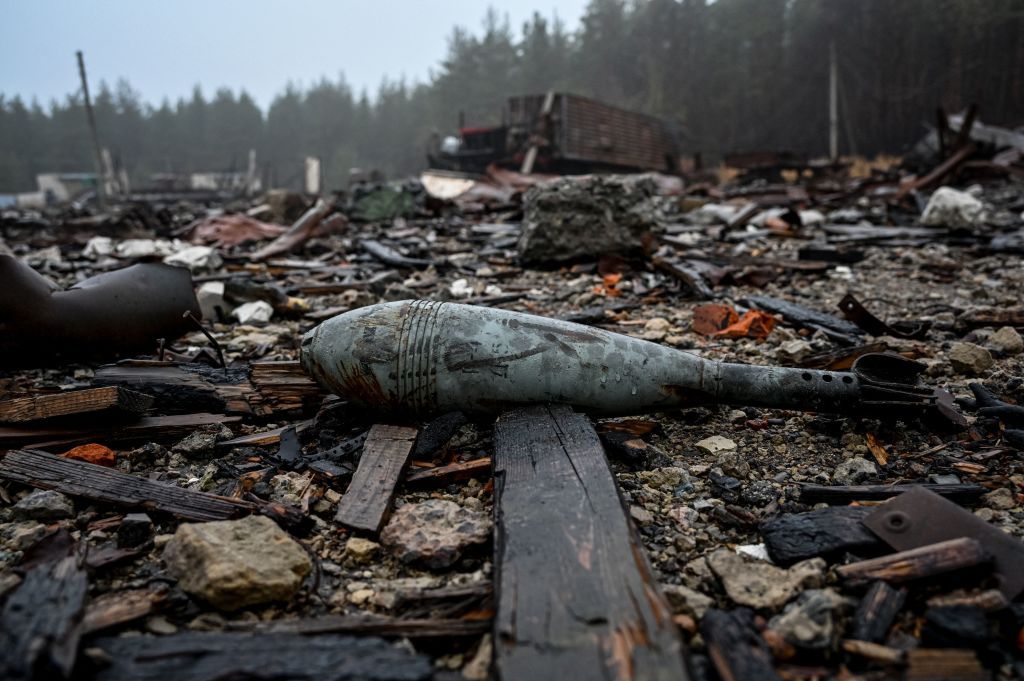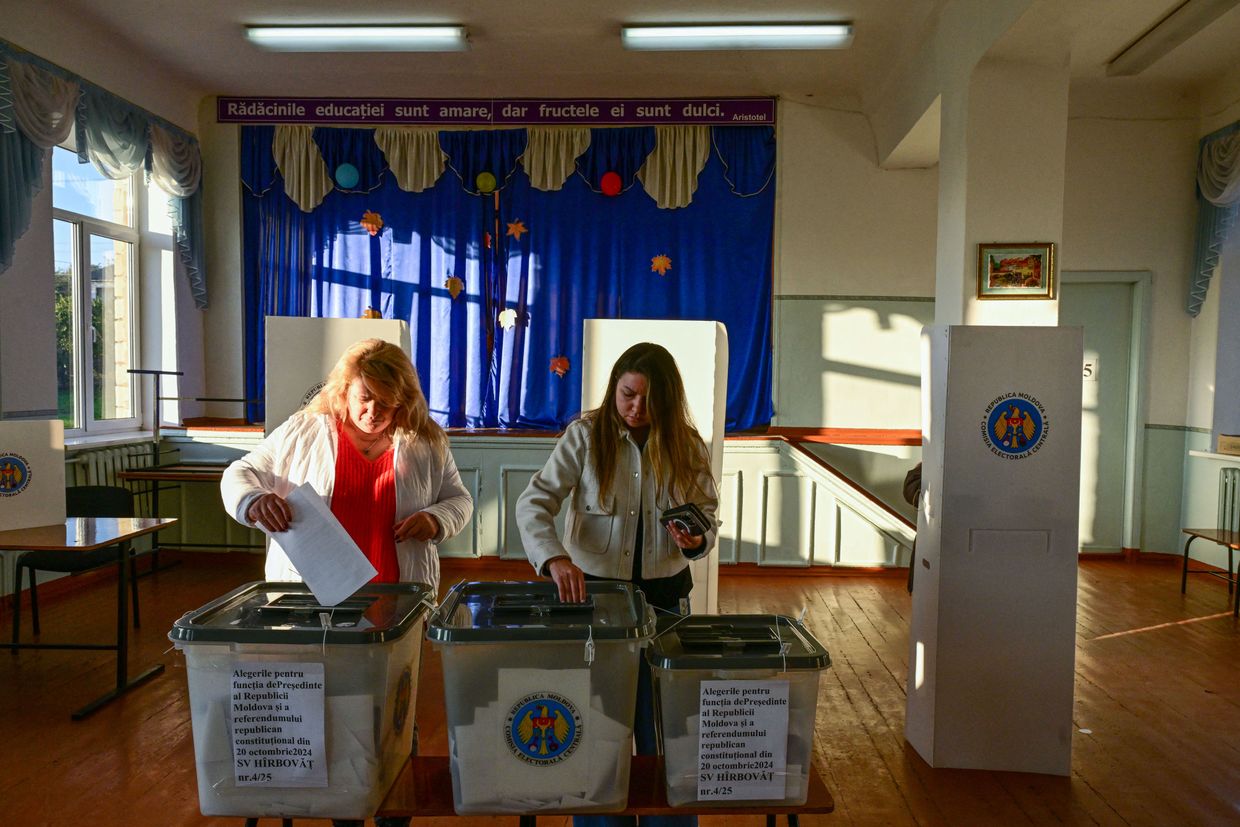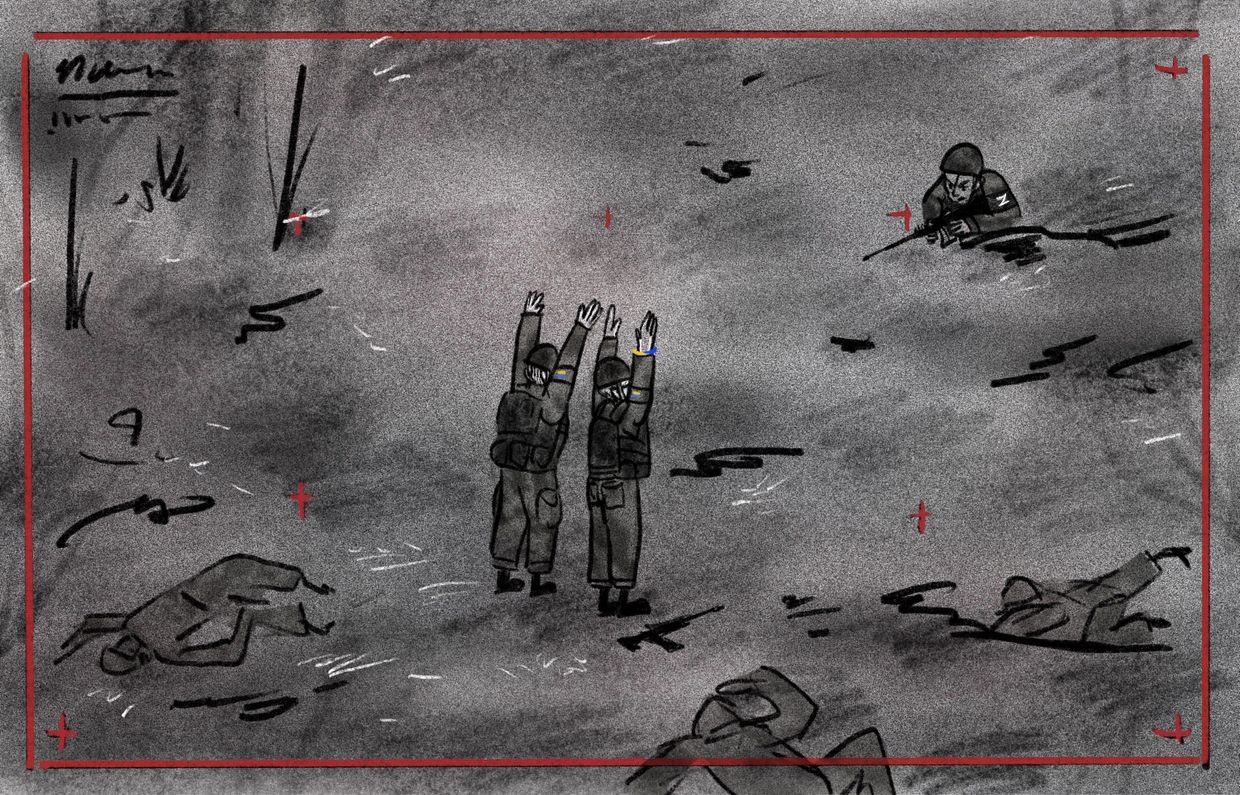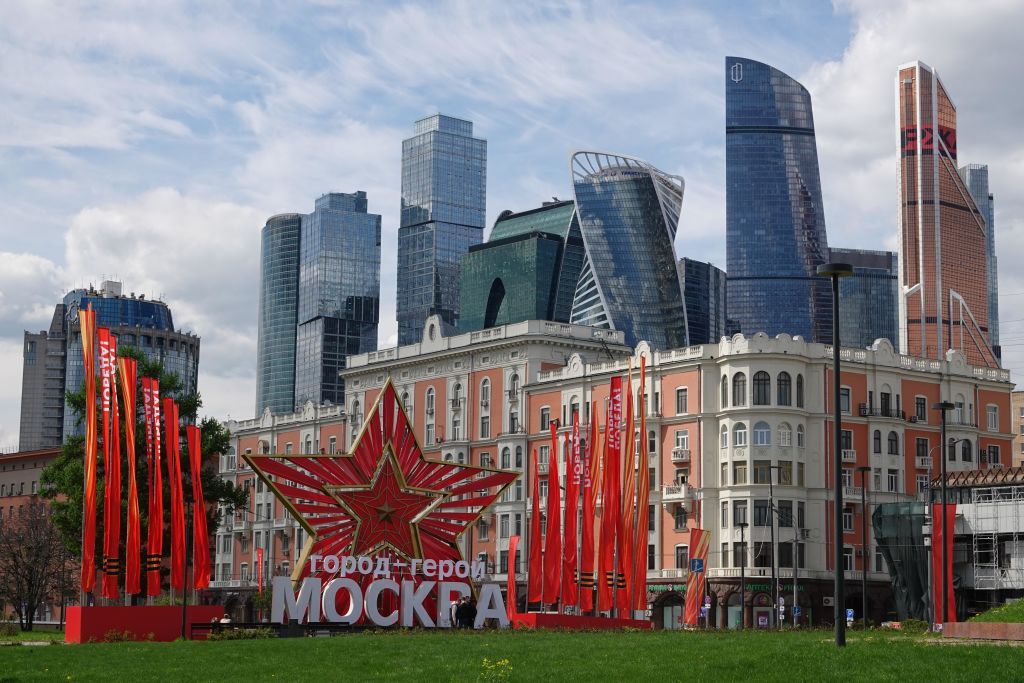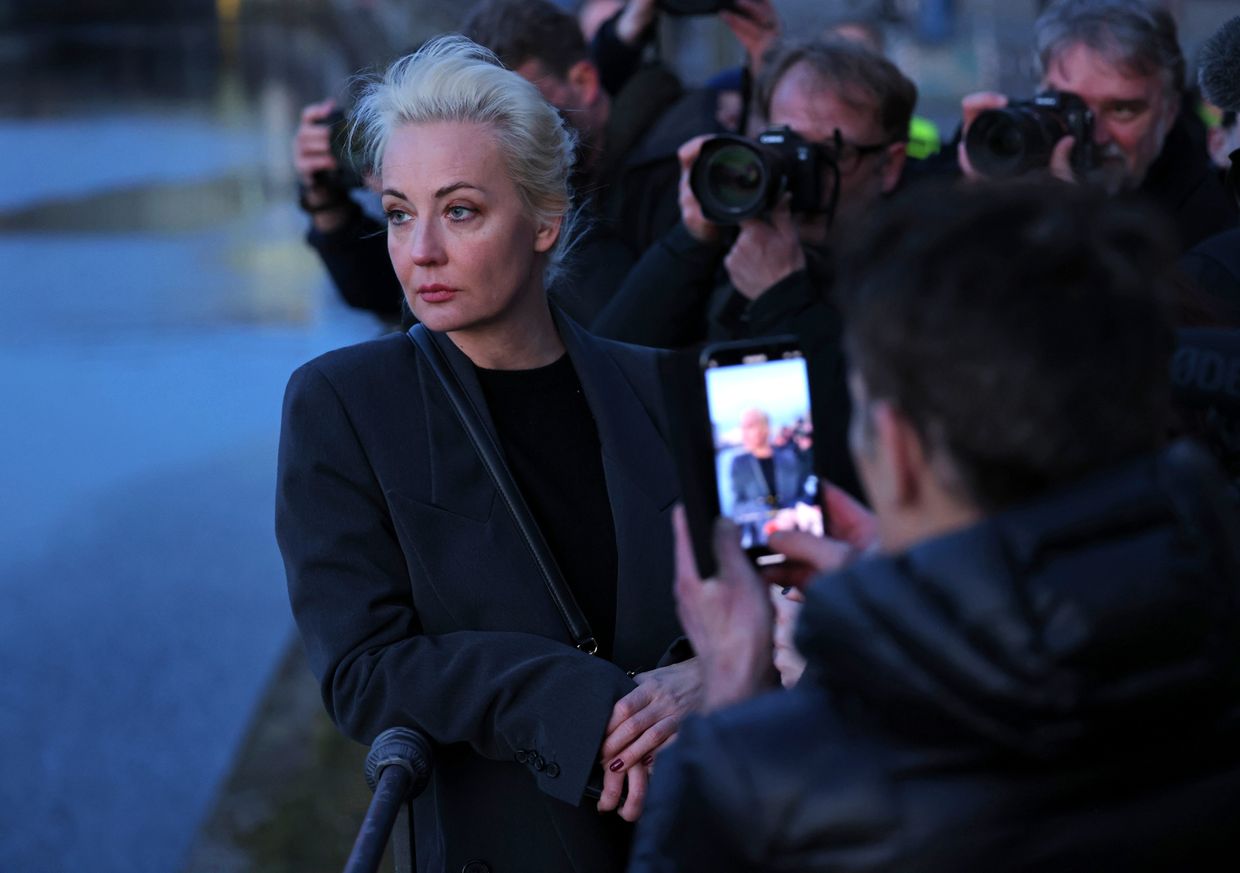U.K. Foreign Secretary David Cameron opposed sending Western troops to Ukraine, including for training the Ukrainian military, in an interview with Süddeutsche Zeitung, published on March 9.
The comments came after French President Emmanuel Macron recently said that Western military presence in Ukraine cannot be "ruled out" in the future. The U.S. and multiple European allies, as well as NATO Secretary-General Jens Stoltenberg, have distanced themselves from Macron’s statement.
U.K. Prime Minister Rishi Sunak's spokesperson said that there was a "small number of (British) personnel" in Ukraine who support the country’s military, but that there were no "plans for large-scale deployment" beyond the existing support.
Cameron said that it is better to conduct training missions abroad, adding that London has trained 60,000 Ukrainian soldiers this way.
According to Cameron, deploying foreign soldiers in Ukraine would create additional "targets" for Russia.
"We must avoid creating obvious targets for (Russian President Vladimir) Putin," Cameron noted.
French Defense Minister Sebastien Lecornu said on March 8 that while the deployment of combat troops was not currently being discussed, there was a possibility that Paris would send military personnel to Ukraine to train Ukrainian troops or participate in mine-clearing operations.
Earlier, Canadian Defense Minister Bill Blair also said Ottawa was ready to send a limited number of military personnel to Ukraine, but in "a clear non-combat role."
Polish Foreign Minister Radoslaw Sikorski didn't exclude the potential presence of NATO troops in Ukraine.
During a two-hour State of the Nation address on Feb. 29, Russian President Vladimir Putin threatened "tragic consequences" if NATO troops were sent to Ukraine, claiming the West's support for Kyiv "risks a conflict using nuclear weapons."
Russia has consistently threatened the West with nuclear weapons since it launched the full-scale invasion of Ukraine in 2022.
